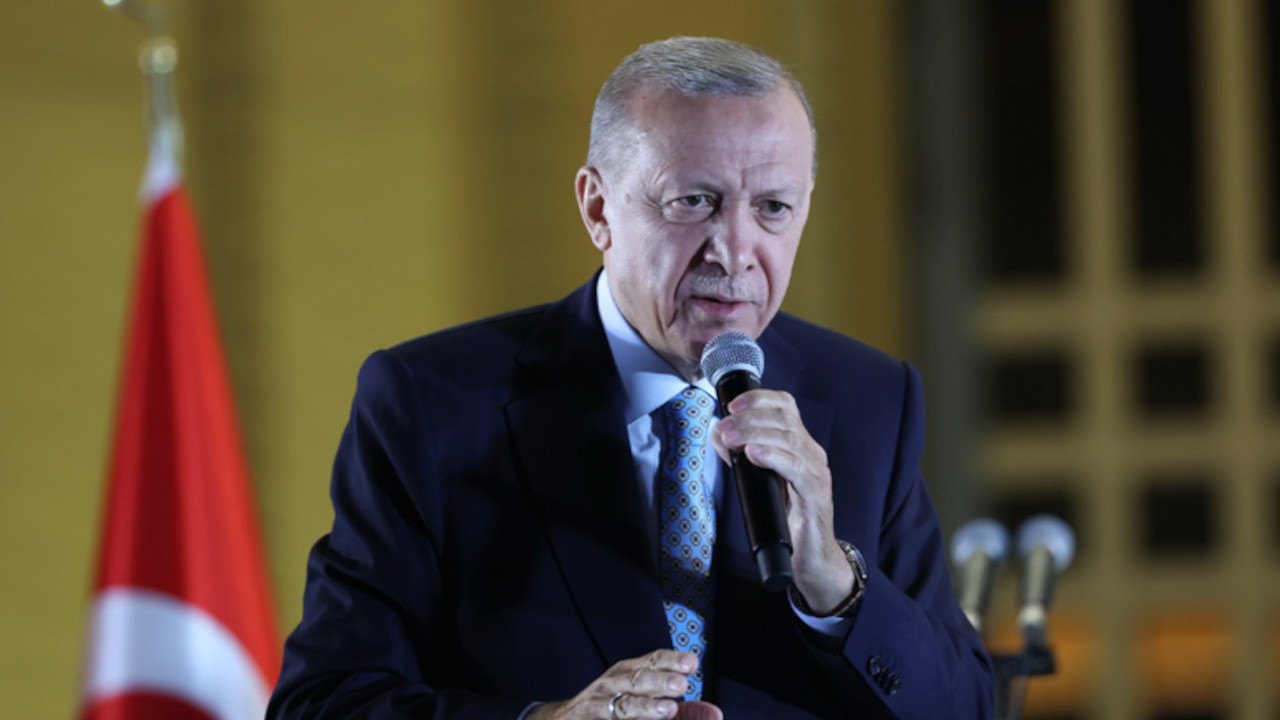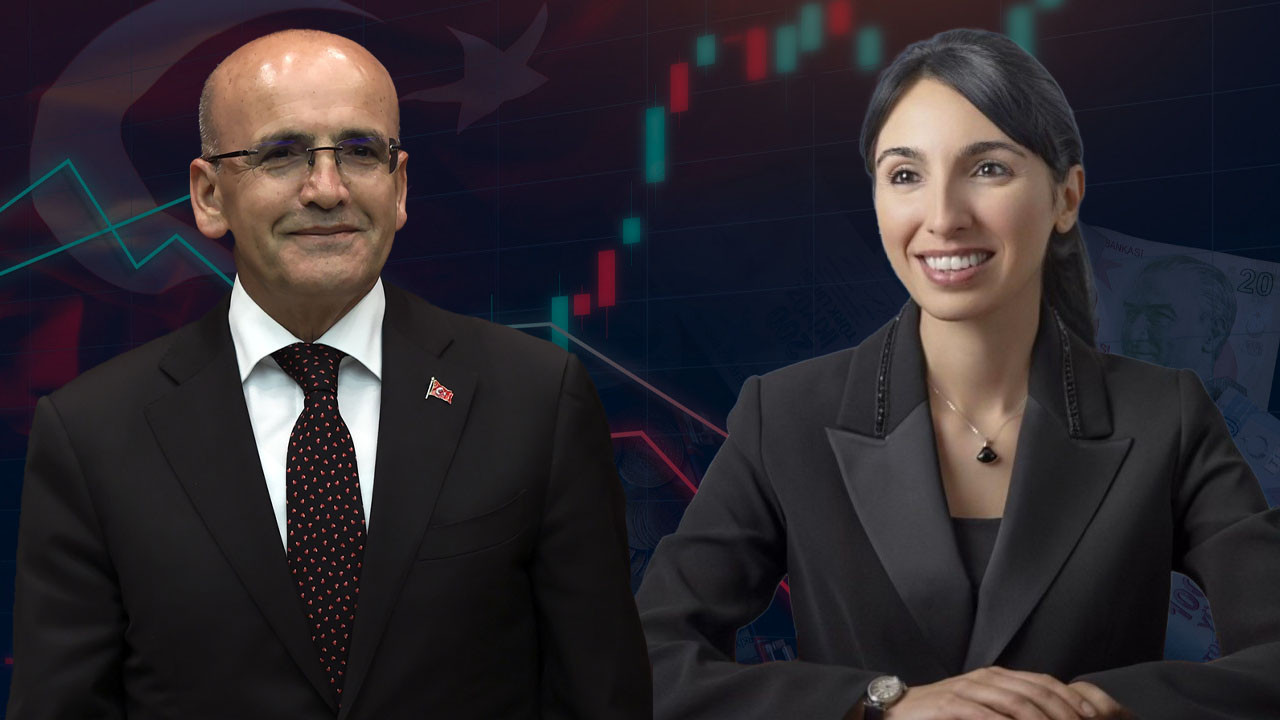Turkey's Central Bank hikes interest rates after 27 months under new governor
Turkey's Central Bank hiked interest rates by 650 basis points to 15% for the first time after 27 months. The move came in the first meeting of the bank under new Governor Hafize Gaye Erkan, reversing President Erdoğan's low-rates policy.
Reuters - Duvar English
Turkey's central bank hiked its key interest rate by 650 basis points to 15% on June 22 in a reversal of President Recep Tayyip Erdoğan's low-rates policy, although the post-election tightening fell short of expectations.
MPC Decision of 22 June 2023: One-week repo rate has been raised by 650 basis points. pic.twitter.com/QtyFitDL9m
— CentralBankofTürkiye (@CentralBank_TR) June 22, 2023
In its first meeting under new Governor Hafize Gaye Erkan, the bank changed course after years of loose policy in which the one-week repo rate had dropped to 8.5% from 19% in 2021 despite soaring inflation.
The bank hiked its key interest rate in March 2021 for the last time.
"Monetary tightening will be further strengthened as much as needed in a timely and gradual manner until a significant improvement in the inflation outlook is achieved," the bank's policy committee said after delivering its first hike since early 2021.
It raised rates "in order to establish the disinflation course as soon as possible, to anchor inflation expectations, and to control the deterioration in pricing behavior," it added, striking a more hawkish tone compared to its statements under former governor Şahap Kavcıoğlu.
The strong tightening remained below expectations, given the median estimate of a hike to 21% in a Reuters poll. Most economists expect further rate hikes this year, with the year-end forecast median at 30%.
While all 18 economists in the poll had predicted the hike, the forecasts ranged widely given little guidance from the bank.
The Turkish Lira further lost its value against the U.S. dollar, depreciating from 23.57 on the morning hours and passed 24 after the bank's announcement since the hike remained below expectations.
Highlighting the discord between market expectations and monetary policy, the central bank's key rate remains below deposit rates that reach up to 40%. Annual inflation was just below 40% in May.
Erdoğan had urged rate cuts over the last two years which sparked a late-2021 currency crisis. The lira lost 44% in 2021 and 30% last year, despite the central bank's efforts to counter forex demand by using its forex reserves.
After his election victory last month, Erdoğan signalled he was ready to backtrack on economic policy in appointing Mehmet Şimsek, who is highly regarded by markets, as finance minister and Erkan, a former Wall Street banker, as central bank chief.
Erdoğan said last week he approved the steps Simsek will take with the central bank, suggesting he has given the green light to rate hikes.
The central bank's net reserves fell to a record low of negative $5.7 billion last month. They rebounded as Ankara loosened its grip on the forex market this month, sending the lira to all-time lows and bringing its losses to 21% this year.
The lira depreciation has stoked inflation since 2021, sending it to a 24-year high of 85.5% in October last year.
Some analysts have expressed doubt about Erdoğan's commitment to abandoning his unorthodoxy, citing examples of his previous shifts to orthodox policy only to quickly change his mind.
Authorities hope foreign investors and hard currency will return after a years-long exodus, potentially reducing the central bank's need to intervene to keep the lira stable.

 President Erdoğan signals considerable hike in minimum wage and interest ratesEconomy
President Erdoğan signals considerable hike in minimum wage and interest ratesEconomy Int’l financial institutions forecast Turkey’s new interest rate as 20 to 40 pctEconomy
Int’l financial institutions forecast Turkey’s new interest rate as 20 to 40 pctEconomy Turkey raises minimum wage by 34 percent to 11,402 lirasEconomy
Turkey raises minimum wage by 34 percent to 11,402 lirasEconomy